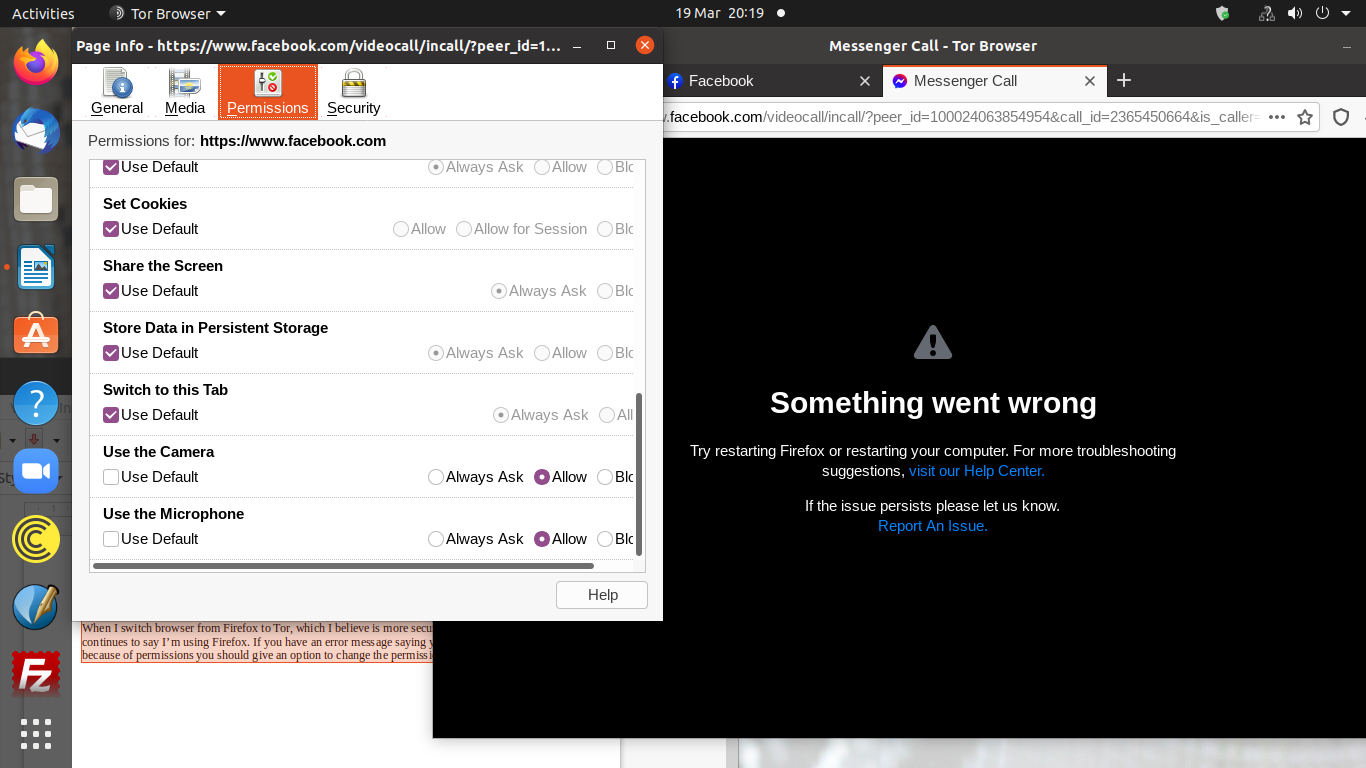When it started, probably a decade or more ago, I was genuinely baffled. I could not imagine why anyone would be interested in me. My political career, such as it was, was long past. It seemed absurd, paranoid even, to imagine the state would still be interested in me.
It was true that with the help of Katy Andrews I'd videoed trains containing nuclear waste rumbling just metres away from the site where the Olympics were going to be held.
So what! It was all a bit cloak and dagger and exciting at the time, but when it was over it was over. Or it was over for me but not for the spooks. Military intelligence, according to Gunner Spike Milligan (who came across it during the Second World War), is a contradiction in terms.
When the hacking started I was cocky. I'd done incredible things with computers. I was convinced I could deal with it. I'd built computers, created software with FoxPro (a commercial version of Dbase) and rebuilt databases that had had chunks taken out of them. I thought I could cope. How wrong I was. I spent hours, weeks even, rebuilding computers. I might as well not have bothered. It's like playing a game where the opposition owns the rules, the board and the pieces. If it looks like you have a chance then that's because you haven't grasped the problem.
It got really frightening when I moved to Chatham and human beings started turning up as well as computer code. Young men with a military bearing would stop me in the street a few hundred metres from my home and come up with preposterous stories for why they should get hold of my mobile phone. Scariest of all, a little boy followed me home one night when I had been at the pub, tried to get into my house and then screamed the neighbourhood down when I wouldn't let him in.
The human element seems to have come to an end, probably. But my computer is still being hacked and I often spend several hours a day trying to deal with the latest problem.

For example a couple of days ago I spent ages trying to make video calls. I tried Facebook Messenger which up till now (when I have used it for family calls) has been simplicity itself to use. Not now I'm trying to talk to friends, some of whom are active in politics.
The screen grab shows an error message I got suggesting I had not given permission for a video call. Of course I had (as the draw down on the left showing my permissions confirms). Oddly, the screen says Firefox is having a problem. I wasn't using Firefox but a more secure browser called Tor. Tor is based on Firefox (in some sense) and was originally created by the US Office of Naval Research and DARPA. (See note*)
I tried to switch to Skype but got the the same crazy screens and failure to operate. And so it goes on.
Clearly, this is not surveillance. If it was surveillance they would let me talk so they could find out what I was going to say. This is harassment.
Right now it is easy to find lots of stories about intelligence agents impregnating female political activists who they had conned into having a relationship with, or even stories of officers acting as agents provocateurs.
This is not secret. This is done in your name. And it is the Left that is under attack despite the fact that when it comes to terrorism or criminality it's the right that needs to be watched.
For myself, I now find the hacking to be a nuisance rather than an impediment. Now that I am a pensioner, I don't think it stops me from doing anything important, though it has definitely slowed me down. It has also cost me work since employers and potential employers are constantly complaining about how difficult it is to phone me (right now my mobile phone makes me sound as if I am calling from a broom cupboard, callers say). Maybe Samsung doesn't know how to make a phone, or maybe, just maybe, it's another case of hacking. It's also curious how often the email address I use on my business card fails. If someone wanted to put me out of business this would be a good way to do it.
When I was broke and frightened I was going to wrack up terrible debts, the hacking made me very depressed and dominated my thinking. For years, it was like a huge burden I could not shake off, because I had no idea of how to stop it. I still don't. Friends say let them hack you. What difference does it make? But they don't understand, or refuse to believe, that it's not about surveillance, it's about harassment. The idea is to make my life a misery.
Now that I can afford to pay the bills and I have some money in the bank, that's not so easy. In fact, the hacking makes me feel as if I must be doing something right. If Boris's government can be bothered to take an interest in me I can't be as insignificant and unimportant as I think I am. I must be doing something right. If only I could find out what it is...
See Blacklisted the secret war between big business and union activists.ISBN 978-1-78026-341-0. See also https://www.dailymaverick.co.za/article/2021-03-16-britains-secret-political-police/
Tor was essentially started by Dr. Paul Syverson (Naval Research Lab), Roger Dingledine (MIT at the time), and Nick Mathewson (also MIT at the time). Funding came through Syverson from the Office of Naval Research (ONR) and DARPA. Dingledine and Mathewson took code originally written by Matej Pfajfar and turned it into a fully fledged onion routing system. See this video. Click to return to blog.